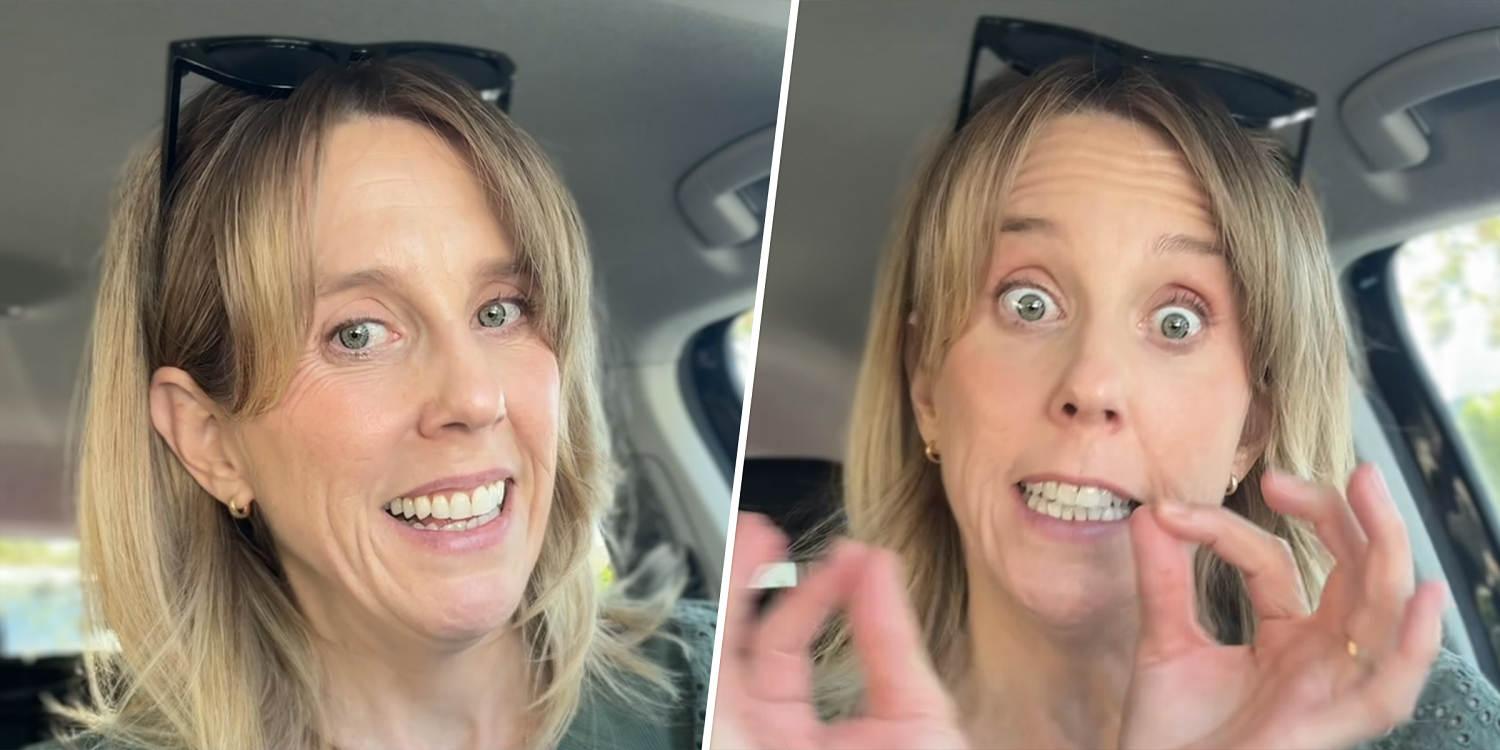A Los Angeles mother has ignited a lively discussion about parenting styles at playgrounds, emphasizing the differing roles adults play in children’s outdoor activities. Beth Crosby, mother to nine-year-old Grace, shared her perspective through a video that quickly gained traction on social media. In it, she openly declared her preference for stepping back while her child engages with peers, stating, “I don’t play with my kid at the park. Period.”
Crosby, who views the park as a space for children to socialize and develop resilience, believes that adult involvement can sometimes hinder a child’s natural play. “It’s her chance to make friends and burn off energy,” she explained in an interview with TODAY.com. For Crosby, the park is a much-needed break, allowing her to relax while ensuring Grace navigates her social landscape independently.
Support and Criticism from Fellow Parents
Crosby’s video resonated with many followers, who echoed her sentiments. Comments ranged from enthusiastic support to mild criticism, with some suggesting that her stance might be overly harsh. One supporter remarked, “It’s recess time – go run and be social!” Another commented, “My son loves making temporary friends at the park + I enjoy watching the magic of childhood.”
Conversely, a few voices cautioned against judging parents who choose to engage directly with their children. One user noted, “When my kids were park-aged, I wasn’t a stay-at-home mom. I took them to the park for our time together.” This highlights the varied circumstances that influence parenting choices, reminding viewers that each family has its unique dynamics.
Expert Insights on Parenting at Playgrounds
Dr. Deborah Gilboa, a noted parenting expert, weighed in on the discussion, suggesting that playgrounds serve as essential environments for children’s development. “You’re there to make sure the kids follow safety rules and to help if someone gets hurt, but you don’t need to be the swimmer,” she stated.
Dr. Gilboa affirmed that the playground offers children valuable lessons, even if they are the only ones present. The space encourages them to confront physical challenges and fosters creativity and resilience. “A little boredom allows them to use their imagination and make their own fun,” she added, highlighting the importance of independent play in childhood development.
Crosby’s approach not only allows Grace to grow socially but has also led to unexpected friendships for herself. By giving her daughter the freedom to interact with other children, Crosby found connections with fellow parents, including women from diverse professions such as acting, life insurance, and event planning.
The conversation sparked by Crosby’s video illustrates the complexity of parenting in public spaces. While some advocate for a more hands-on approach, others champion the benefits of stepping back and allowing children the space to thrive on their own. As this dialogue continues, it underscores the importance of understanding different parenting styles and the unique needs of each family.





































































